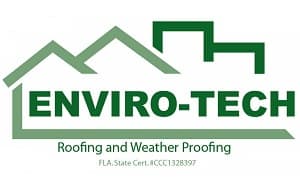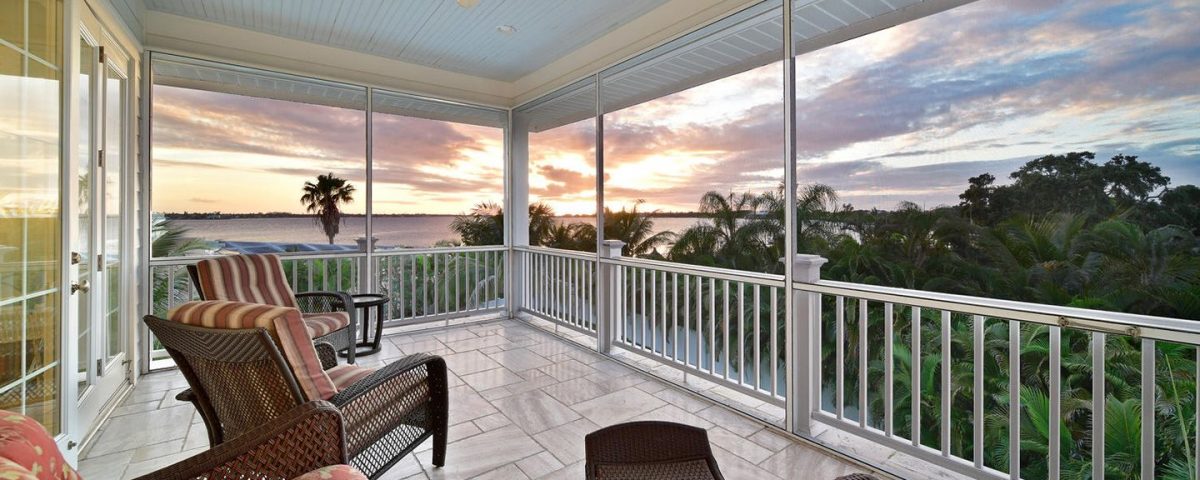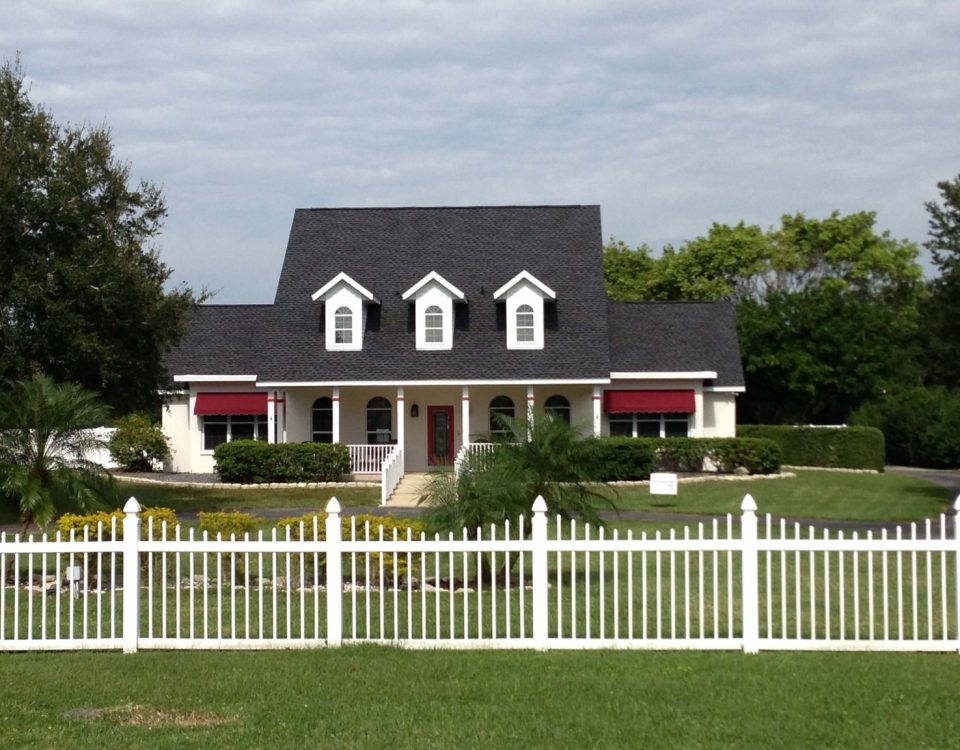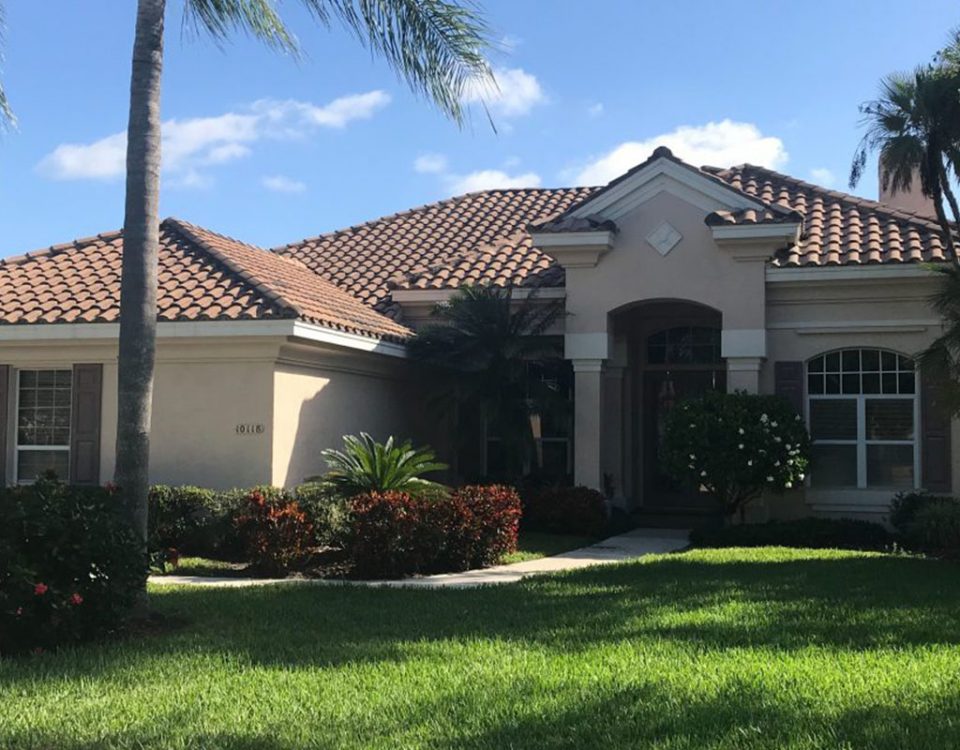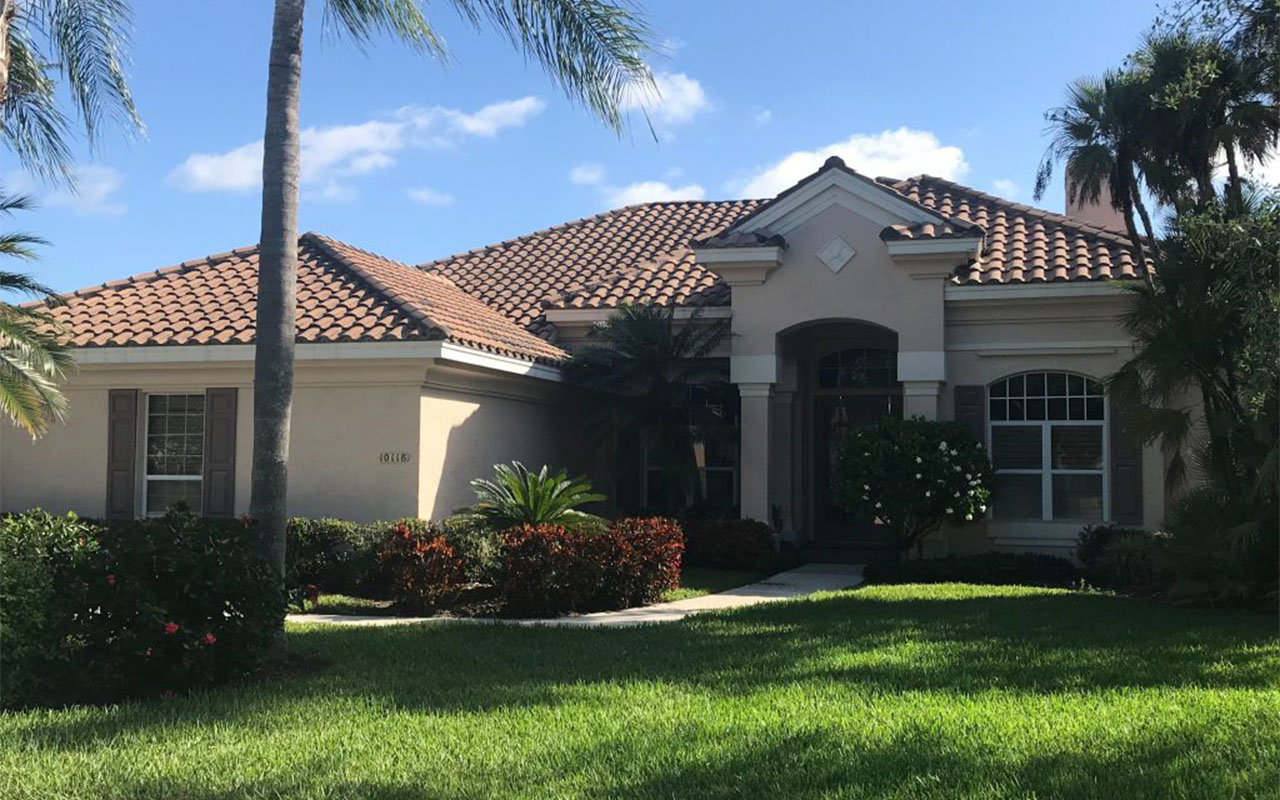
The Life Cycle of Shingles
January 26, 2021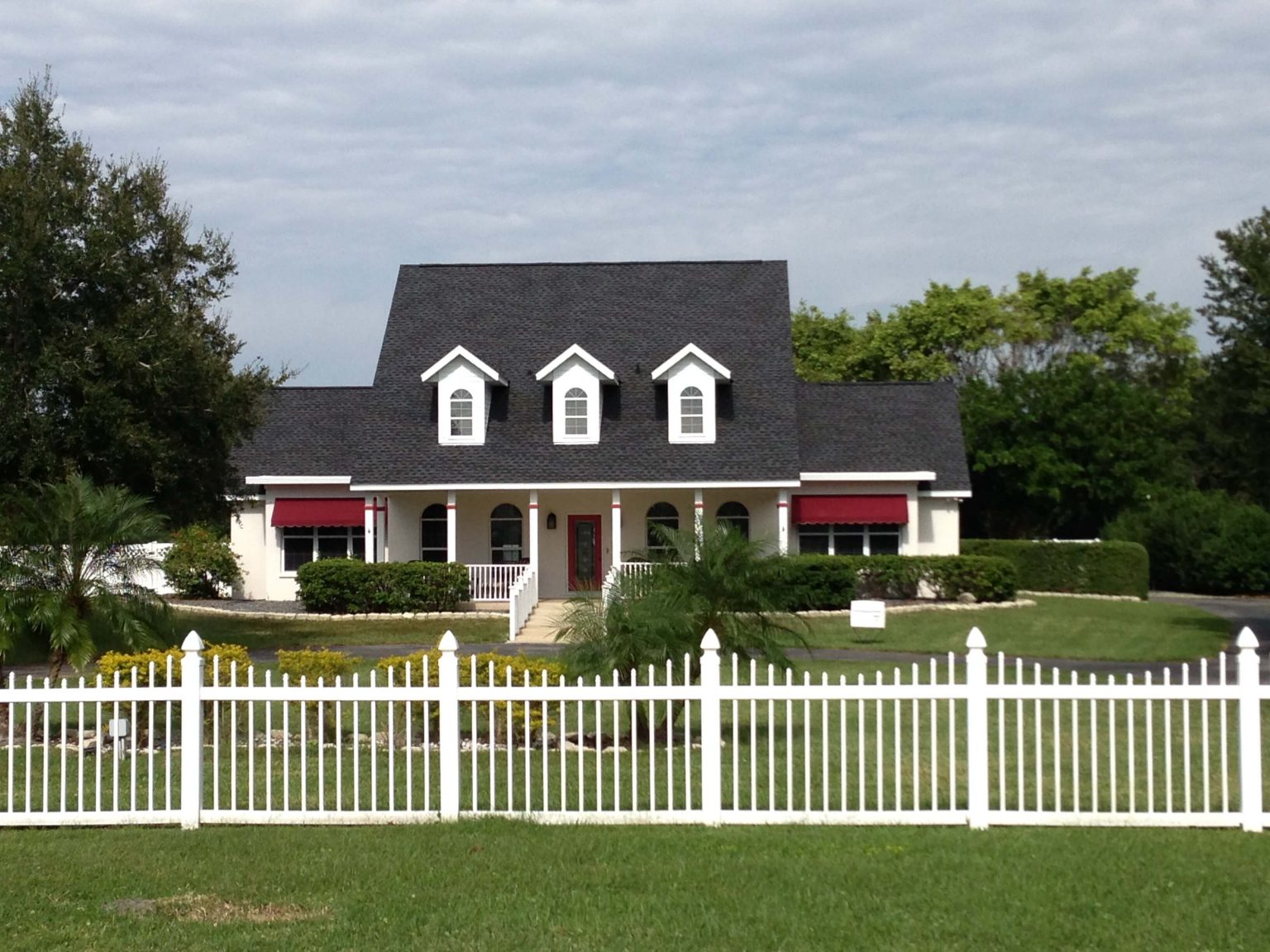
New Roof Today, No Payments Until 2022
January 26, 2021Homeowners insurance reimburses you when your home is damaged by a menace that’s covered in your policy. If you believe your home has obtained storm damage, you should consider filing homeowners claim. Storm damage includes Water & Ice Damage, Lightning Strikes & Power Surges, and Wind, Hail, and Fallen Trees.
A lot of issues that come with filing an insurance claim is that the “storm damage” usually ends up being wear and tear or third party damage, which is not covered by homeowners insurance. Filing just one claim will also eventually raise the price of your insurance rate. Monthly premiums rise by an average of 9% after a single claim on your home insurance policy. Even though insurance cant technically increases your rate immediately after filing a claim, your address will have a liability claim attached to it, increasing your renewal rate later on. The idea that your insurance will not be increased is not consistent with insurance practices. There are several situations where it’s in your best interest to avoid filing a home insurance claim, such as:
- Repairs cost less than your deductible
- Damages are relatively minor
- You’ve filed more than one claim in the past decade
- The claim was caused by poor maintenance on your part
- The cause of the claim isn’t covered by your policy
Many installation crews are subcontracted roofers that are not independently licensed or insured, thus the protection of adequate liability and licensing is not provided. Florida law requires installers to be a direct employee of the license holder. In many cases, these requirements are not being adhered to. This practice could be a liability to the contractor. Also, homeowners have no protection from claims or injury, property damage, or the installer. Any liability could ultimately be liable by the homeowner.
